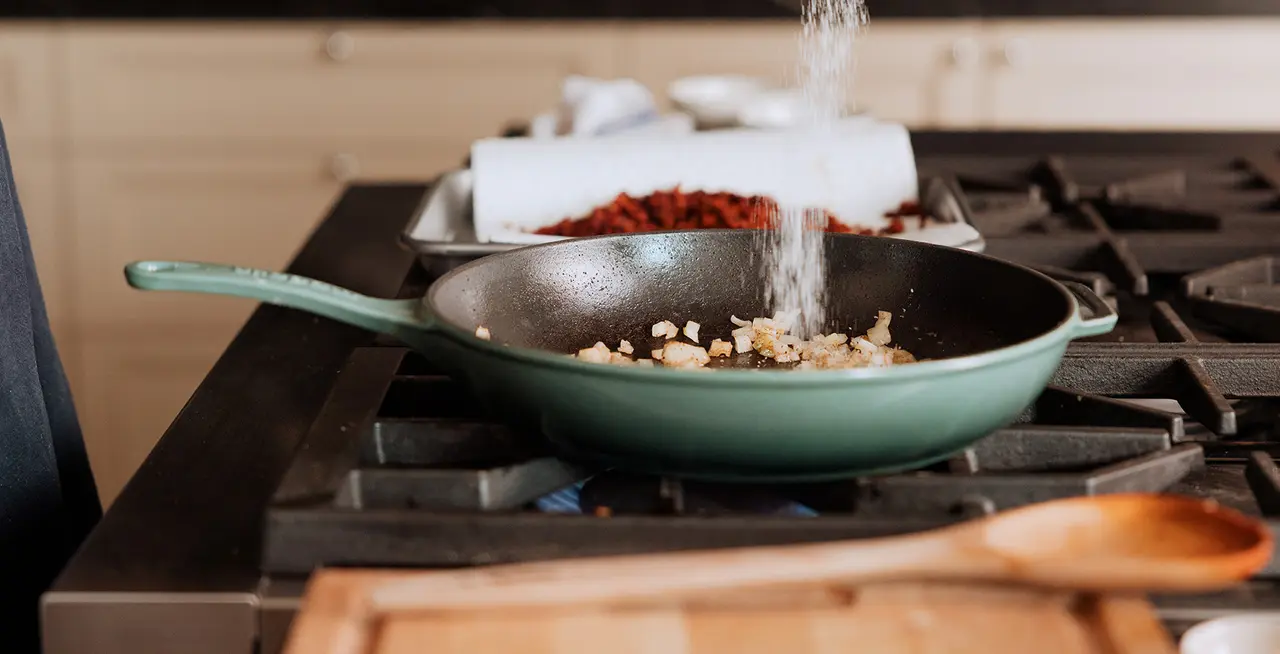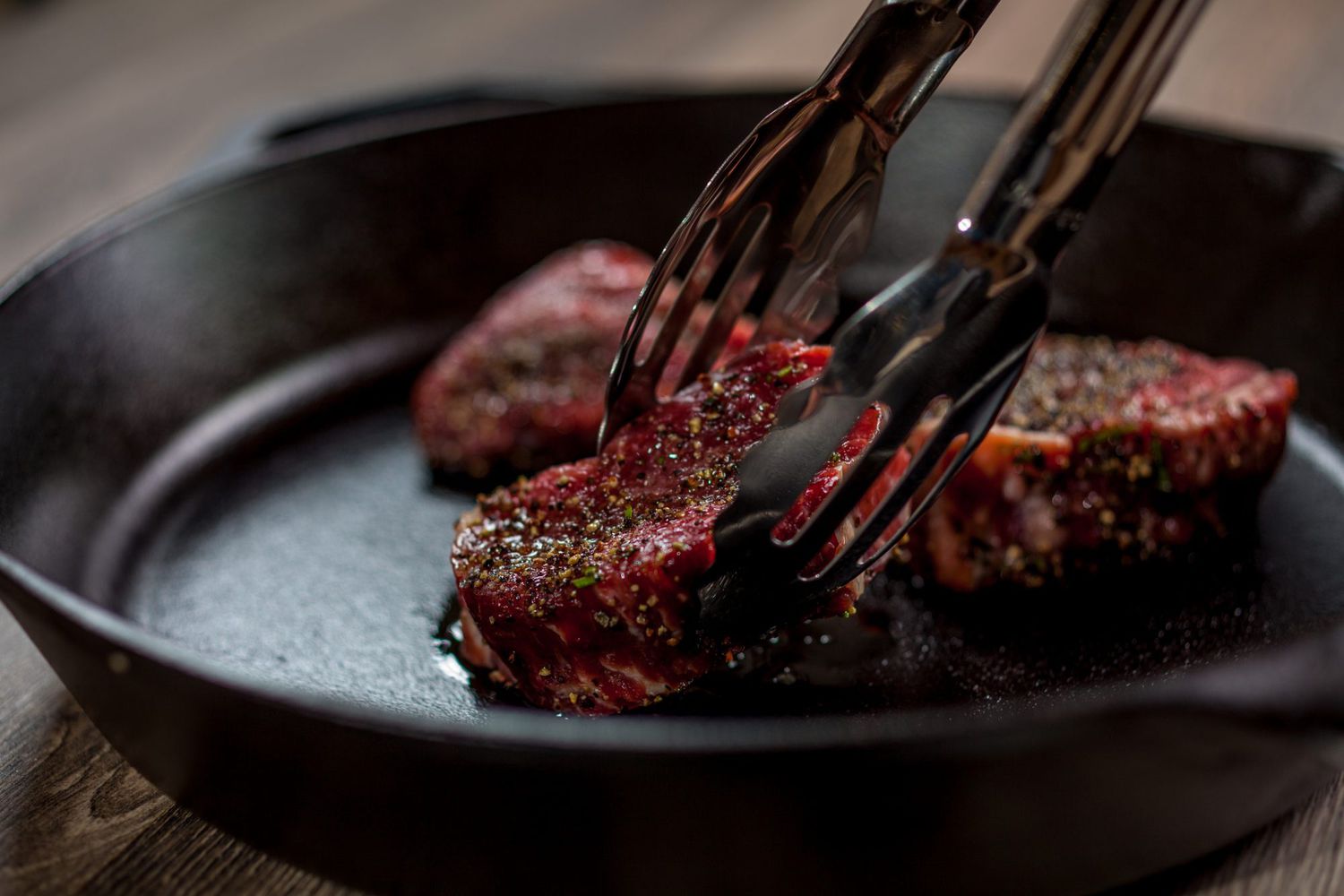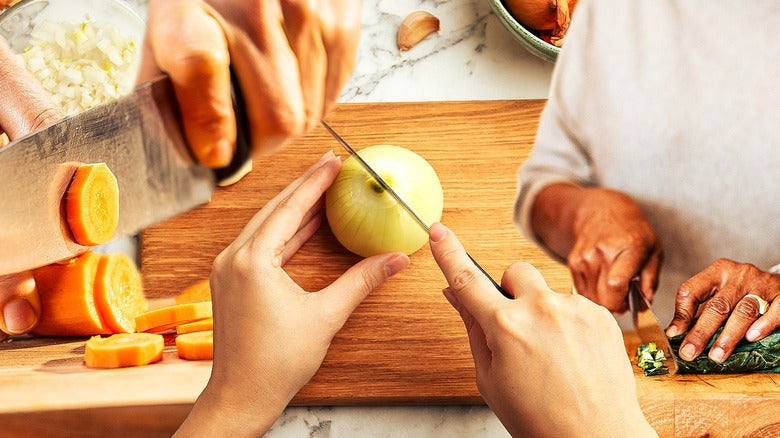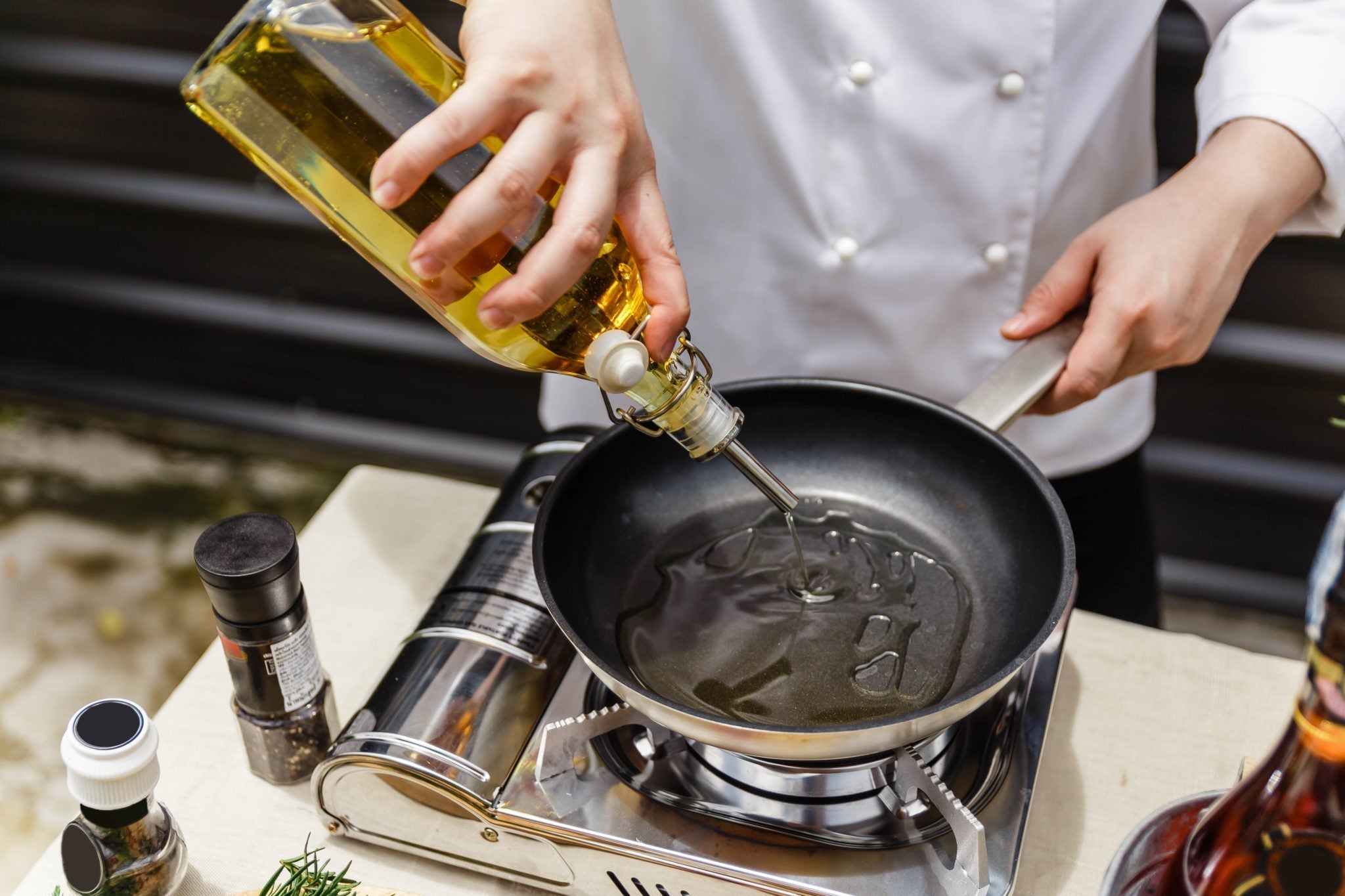When it comes to cooking, nothing beats the quality and flavor that a well-prepped cast iron skillet can provide. If you're a kitchen professional, understanding how to prep a cast iron skillet is essential for elevating your culinary creations. A cast iron skillet is not just a cooking tool; it's an investment that, when properly prepped, can serve you for generations.
In this article, we will delve deep into the different techniques involved in prepping your cast iron skillet for its various cooking tasks, from seasoning to proper maintenance. Whether you're searing steaks or baking cornbread, knowing how to prepare your skillet will lead to delicious results.

Why Prepping a Cast Iron Skillet Matters
Many novice and even seasoned cooks overlook the importance of proper preparation for cast iron. A well-prepped skillet not only ensures even cooking but also helps develop a natural non-stick surface that improves with use. This equates to better flavor, easier cleanup, and a longer lifespan for your skillet.
The Importance of Seasoning
Seasoning is a crucial step in how to prep a cast iron skillet. This process involves coating the pan with oil and heating it to create a protective layer that enhances non-stick properties and prevents rust. You should season your skillet regularly, especially after cleaning it. To begin seasoning, follow these steps:
- Clean your skillet: Use warm water and a brush to remove any food residue. Avoid soap as it can strip away the seasoning.
- Dry the skillet: Ensure your skillet is completely dry to prevent rust; you can heat it briefly on the stove or in the oven.
- Apply oil: Use an appropriate cooking oil such as flaxseed, grapeseed, or vegetable oil. Coat the entire surface lightly.
- Heat it up: Place the skillet upside down in an oven preheated to 450F (232C) for about an hour to set the seasoning.
For more detailed guidance, check out this guide on how to dry a cast iron skillet.
How to Maintain Your Cast Iron Skillet
Maintenance is key in ensuring your cast iron skillet continues to perform beautifully. Here are key points to keep in mind:
Daily Maintenance
- Cleaning: Always clean your skillet immediately after use while the pan is still warm. Use minimal water and a brush.
- Drying: As mentioned earlier, always dry your skillet thoroughly, or it will rust.
Regular Conditioning
Every now and then, it's wise to condition your skillet:
- Oil it up: After cleaning, apply a thin layer of oil and heat as described in the seasoning process.
- Avoid acidic foods: Cooking acidic foods like tomatoes can strip the seasoning.
Cooking Tips with Your Cast Iron Skillet
Once your skillet is prepped, it's time to explore its capabilities in cooking. Here are some tips:
Seering Techniques
For those looking to achieve the perfect sear on meat, having the right knowledge is essential. You can read more on how to sear steak in a cast iron skillet.
Baking in Cast Iron
A cast iron skillet can go from stovetop to oven, making it ideal for baked dishes. Whether it's cornbread or frittatas, the seasoning will impart wonderful flavors. Check this recipe for cast iron skillet steak for practical cooking approaches.
Common Mistakes in Prepping Cast Iron
Even kitchen professionals can make mistakes when prepping their cast iron skillets. Identify these pitfalls to ensure your cooking remains optimal:
- Using soap: Soap can break down your skillet's seasoning.
- Overheating: Excessive heat can warp or damage the skillet.
- Storing with moisture: Always ensure the skillet is completely dry to prevent rust.
:max_bytes(150000):strip_icc()/mushrooms-onions-skillet-bbq-grill-getty-0621-2000-97781f1648d24990a4a57461f753f214.jpg)
FAQs About Prepping Cast Iron Skillets
1. How often should I season my cast iron skillet?
It's advisable to season your skillet at least once every few months or after heavy use, especially if you notice food sticking or discoloration.
2. Can I put my cast iron skillet in the dishwasher?
No, never place your cast iron skillet in the dishwasher. Hand wash it with minimal water and keep it dry.
3. What oils are best for seasoning a cast iron skillet?
Flaxseed oil, grapeseed oil, and vegetable oil work best for seasoning due to their high smoking points.
By following these guidelines on how to prep a cast iron skillet, you will ensure that your skillet provides excellent performance, flavor, and longevity. Happy cooking!
As an Amazon Associate, I earn from qualifying purchases.






Leave a comment
This site is protected by hCaptcha and the hCaptcha Privacy Policy and Terms of Service apply.